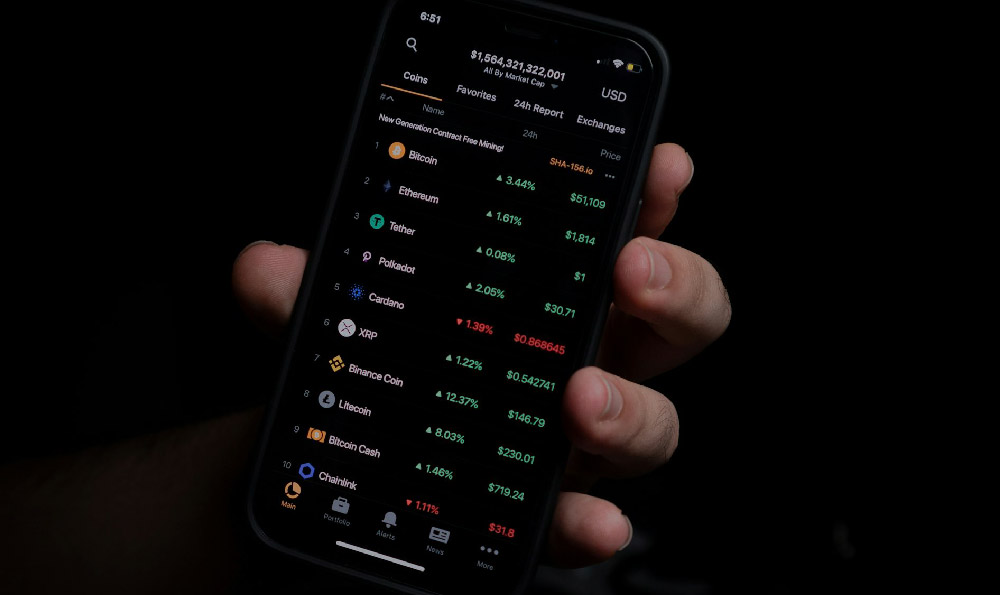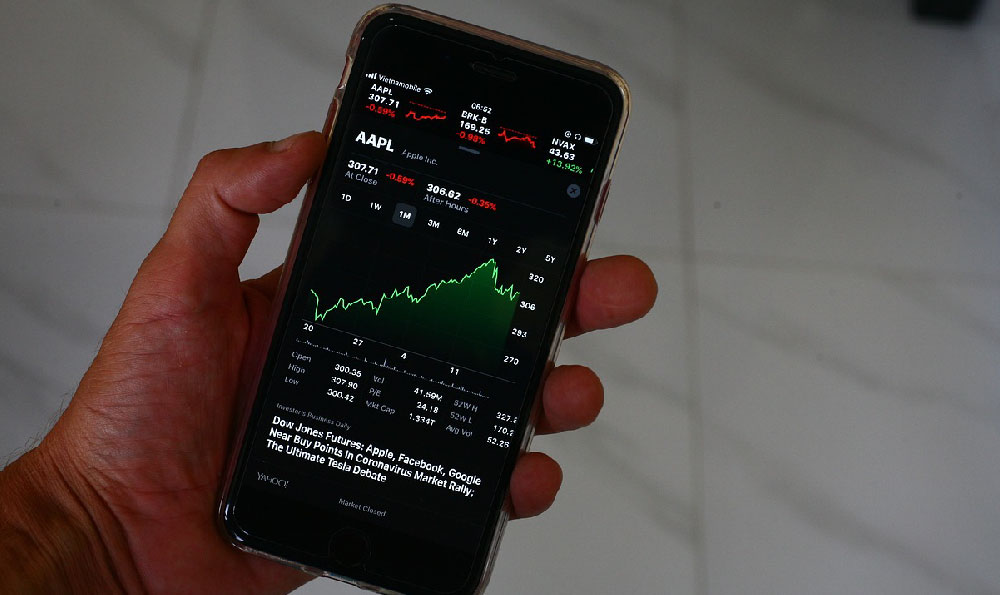The name "Project Apollo" itself evokes a sense of pioneering spirit and ambition, mirroring the excitement often associated with innovative investment opportunities. However, it's crucial to address the core question head-on: "How to invest in Project Apollo? Is Elon Musk involved?" The answer, in its purest form, requires a nuanced understanding because the straightforward route of investing directly in a "Project Apollo" in the contemporary financial market is, in reality, not possible.
The original Project Apollo was a monumental, government-funded undertaking by NASA to land humans on the Moon. It was a public endeavor, financed by taxpayer dollars, not a publicly traded company or investment vehicle. Therefore, you couldn't buy Apollo stock or invest in an Apollo fund. To believe otherwise would be a critical error.
Now, let's pivot to the more likely scenario: you're encountering the name "Project Apollo" metaphorically, possibly referencing a new tech startup, a cryptocurrency, or some other investment opportunity leveraging the Apollo legacy for marketing purposes. This is where due diligence becomes absolutely paramount. Never let the name or any superficial association sway your judgment. Always remember that branding alone is not an indicator of sound investment potential.

Before committing any capital, thoroughly investigate the underlying business. Who are the founders and management team? What is their track record? Do they have a history of successful ventures, or are they newcomers to the field? Analyze their business plan meticulously. Does it seem realistic and achievable? Are the market projections credible, or do they rely on overly optimistic assumptions? Scrutinize their financials. Understand the company's revenue model, expenses, and profit margins. Are they generating revenue, or are they solely burning through capital? If it's a cryptocurrency project, examine the whitepaper. Understand the technology, the consensus mechanism, the tokenomics, and the team's development roadmap. Are there any red flags, such as overly complex or opaque systems, a lack of technical expertise among the developers, or unsustainable token distribution models?
A key element of responsible investing involves understanding the risks involved. All investments carry some level of risk, and it's crucial to assess your risk tolerance before allocating capital. "Project Apollo," especially if it's a high-growth, speculative venture, likely carries significant risk. Are you comfortable potentially losing a substantial portion or even all of your investment? Only invest what you can afford to lose. Diversification is another important risk mitigation strategy. Don't put all your eggs in one basket. Spread your investments across different asset classes, industries, and geographic regions. This will help to cushion your portfolio against potential losses in any single investment.
Regarding Elon Musk's involvement, it's essential to separate speculation from verifiable facts. While Elon Musk is a visionary entrepreneur known for his audacious goals in space exploration and technology, connecting him directly to a generic "Project Apollo" mentioned in a modern investment context requires concrete evidence. A genuine connection should be easily verifiable through official company announcements, press releases, or credible news sources. If the only link is anecdotal or based on rumors, treat it with extreme skepticism. Be particularly wary of online hype or "pump and dump" schemes that often use celebrity endorsements (real or fabricated) to inflate the price of an asset artificially.
If you find any credible links to Elon Musk or one of his companies (SpaceX, Tesla, etc.), that information alone is insufficient grounds for investment. You must still conduct independent research and analysis to assess the underlying business's merits. While Musk's involvement might lend credibility to a project, it doesn't guarantee success. Many promising ventures backed by reputable individuals have ultimately failed.
Furthermore, consider seeking professional financial advice from a qualified advisor. A financial advisor can help you assess your risk tolerance, set financial goals, and develop a diversified investment strategy tailored to your specific needs. They can also provide unbiased advice on the merits of different investment opportunities. Be sure to choose an advisor who is independent, fee-only, and has a fiduciary duty to act in your best interests. Avoid advisors who are compensated based on commissions or product sales, as they may have a conflict of interest.
In conclusion, while the allure of "Project Apollo" may be tempting, exercise caution and due diligence before investing. Treat the name as a metaphor for innovation and potential, not a guarantee of success. Conduct thorough research, understand the risks, diversify your portfolio, and consider seeking professional financial advice. Approach all investment opportunities with a critical mindset and a healthy dose of skepticism. The journey to financial freedom requires informed decision-making, not blind faith. Remember the real Apollo program was funded by the public good, not individual investment.












